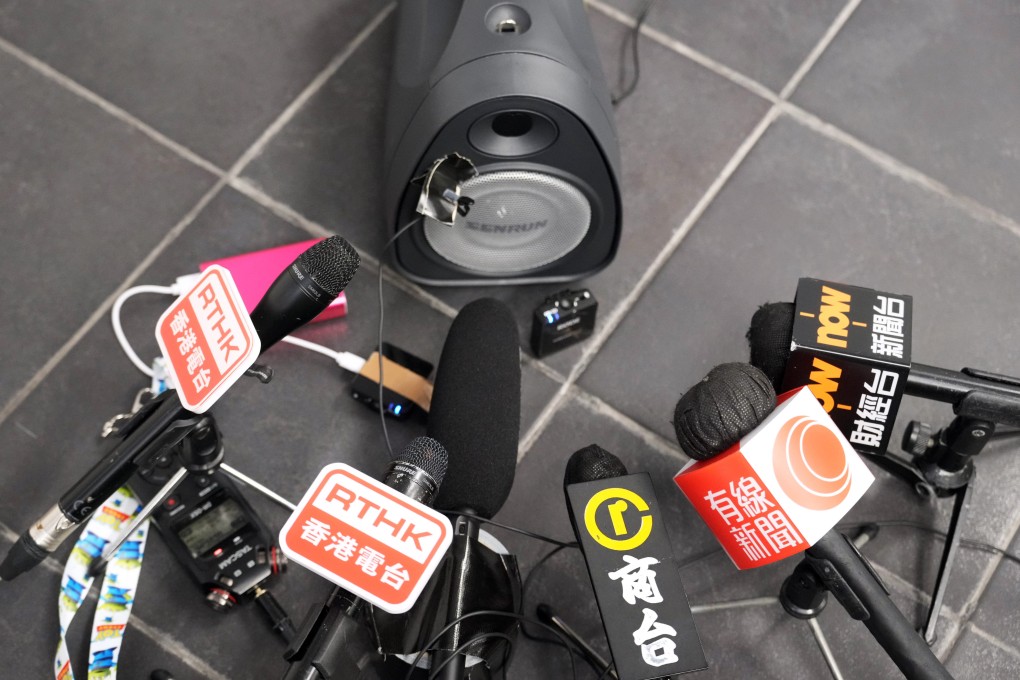My Take | Journalists should be able to work without fear of violence or arrest
- The world needs a strong, vibrant media. Yet press freedom is declining in many places amid war, state crackdowns and climate change

The role played by journalists in providing readers with news they can trust has never been more important, at a time of rampant misinformation, disinformation and propaganda. But recent assessments of the global media environment make depressing reading. Press freedom is in decline in many parts of the world amid war, geopolitical tensions, state crackdowns and climate change.
Hong Kong’s journalists face their own challenges. So it was good to see them honoured at the Hong Kong News Awards on Friday, with the Post picking up six prizes. Speaking at the ceremony, the city’s leader, John Lee Ka-chiu, took the opportunity to remind the news industry that it “bears heavy social responsibilities”.
Few would argue with his statement that the media should uphold principles of fairness, objectivity and truth. But Lee also drew a distinction between “raising questions”, “provoking quarrels” and “smearing”. He said the difference depends on whether there are good or bad intentions.
Most self-respecting journalists would say their intention is to serve the public interest. This sometimes involves being provocative, to draw attention to an important issue, and their work might spark heated debate. It is not necessarily inconsistent with their social responsibilities.
The chief executive also attached importance to media codes of ethics. These play an important role in providing journalists with guidance and ensuring high professional standards. But they should not be confused with laws. Ethical considerations involve balancing different factors, including the extent to which a story serves the public interest. Upholding press freedom is an ethical requirement.
Hong Kong’s journalists are operating in a political environment that has changed dramatically in recent years. Officials have stressed they have nothing to fear from new domestic national security laws. Time will tell.
